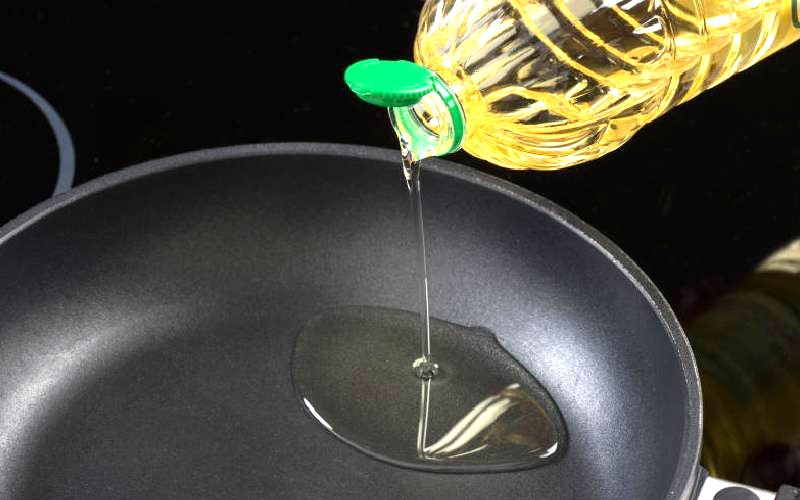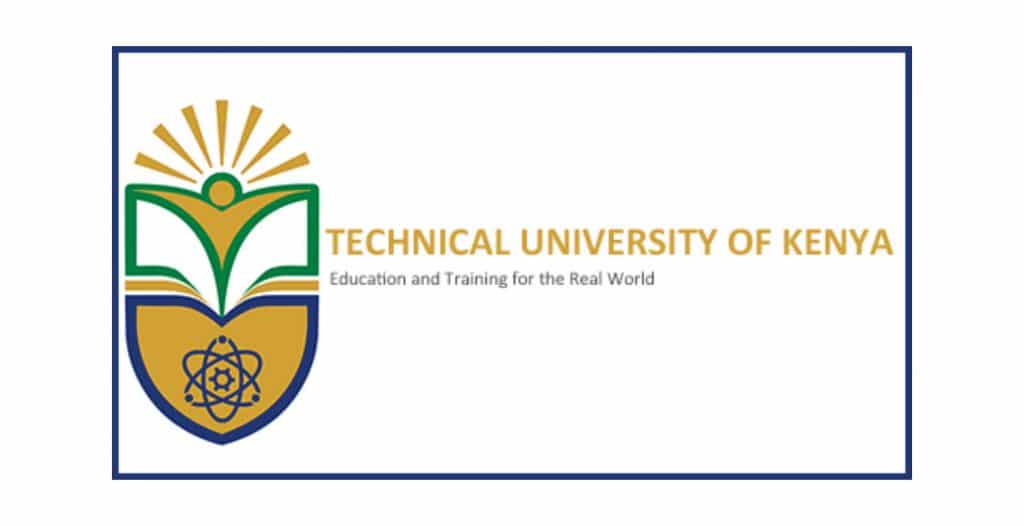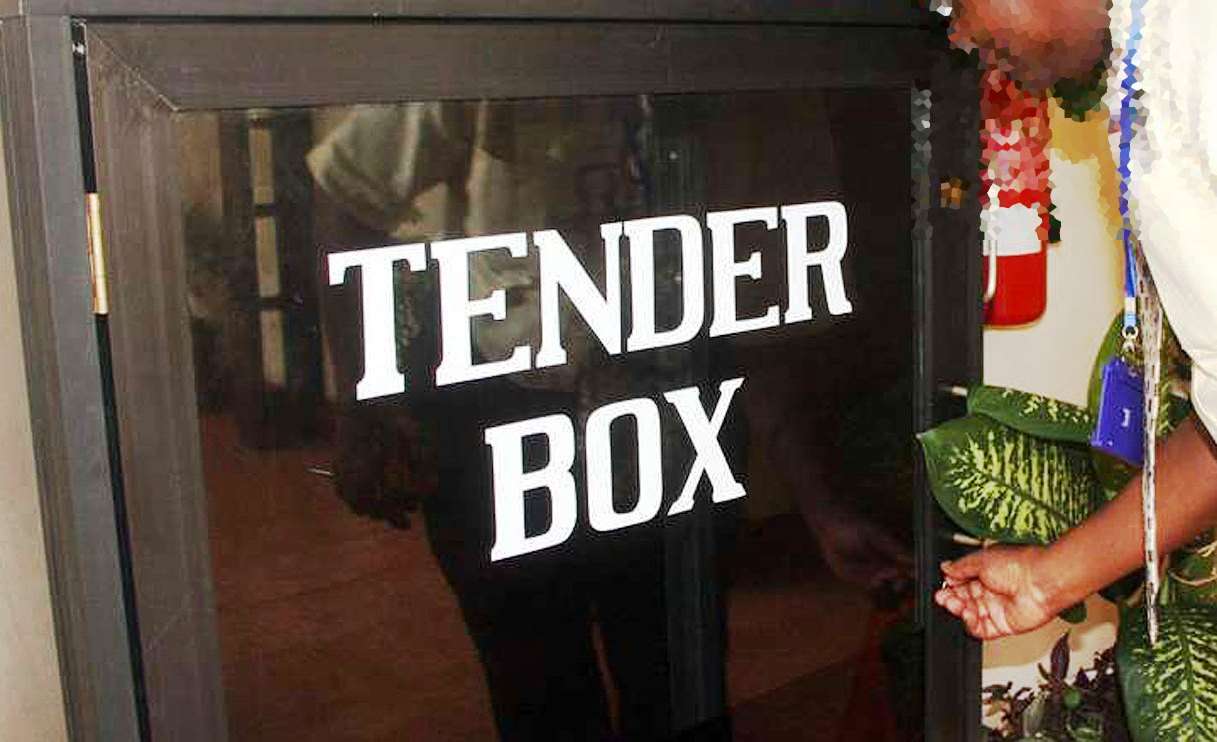Kenya incurred a loss exceeding Ksh 6.6 billion in a government-initiated edible oil program aimed at lowering the commodity’s price. Senior officials from the Kenya National Trading Corporation (KNTC) revealed this to the Senate Committee on Trade, Industrialization, and Tourism, chaired by Seki Lenku Ole Kanar.
They admitted to spending Ksh 14.4 billion on importing the oil but were forced to sell it at a lower price, resulting in a significant financial shortfall. The companies involved in importing the oil included Multi Commerce FZC, which shipped in 1.97 million units and was paid $69.89 million (Ksh 11.18 billion); Charma Holdings Limited, which imported 499,174 jerricans and received $14.97 million (Ksh 2.39 billion); and Shehena Holdings, which brought in 13,420 units and was paid $402,600 (Ksh 64.4 million).

Peter Njoroge, the acting Managing Director of KNTC, acknowledged the loss, citing that the oil was sold at a cheaper rate due to dollar fluctuations, which fell from $160 at the time of import to $130 later. He attributed the losses to mistakes made by the former management, which cost taxpayers over Ksh 6 billion. Njoroge expressed regret, assuring the Senate that lessons had been learned and future procurement would be handled differently, including conducting transactions in Kenyan Shillings.
Purity Kimathi, KNTC’s General Manager for Finance and Business Development, informed the senators that each jerrican should have been sold for Ksh 4,813 to break even. However, they sold it for Ksh 3,700, leading to substantial losses. She pointed out additional overhead costs, such as foreign exchange losses and storage charges, that contributed to the Ksh 6.6 billion deficit.
In addition to the initial losses, it was revealed that a separate sale of uncleared jerricans at the port to Enviro Pro Kenya Limited also resulted in a Ksh 500 million loss. A total of 797,574 jerricans, originally owned by Multi Commerce, Charma Holdings, and Shehena Holdings, were sold at Ksh 3,028 per jerrican, significantly below the Ksh 3,700 price they sold to the public.
Njoroge explained that the lower selling price to Enviro Pro Kenya was due to the exemption from Value Added Tax (VAT) and the impending expiration of the oil, which is set for May next year. He emphasized the need to sell the oil before it expired to avoid further losses. The revelations sparked outrage among the Senate committee members, who accused KNTC of being run by criminals and called for accountability.





